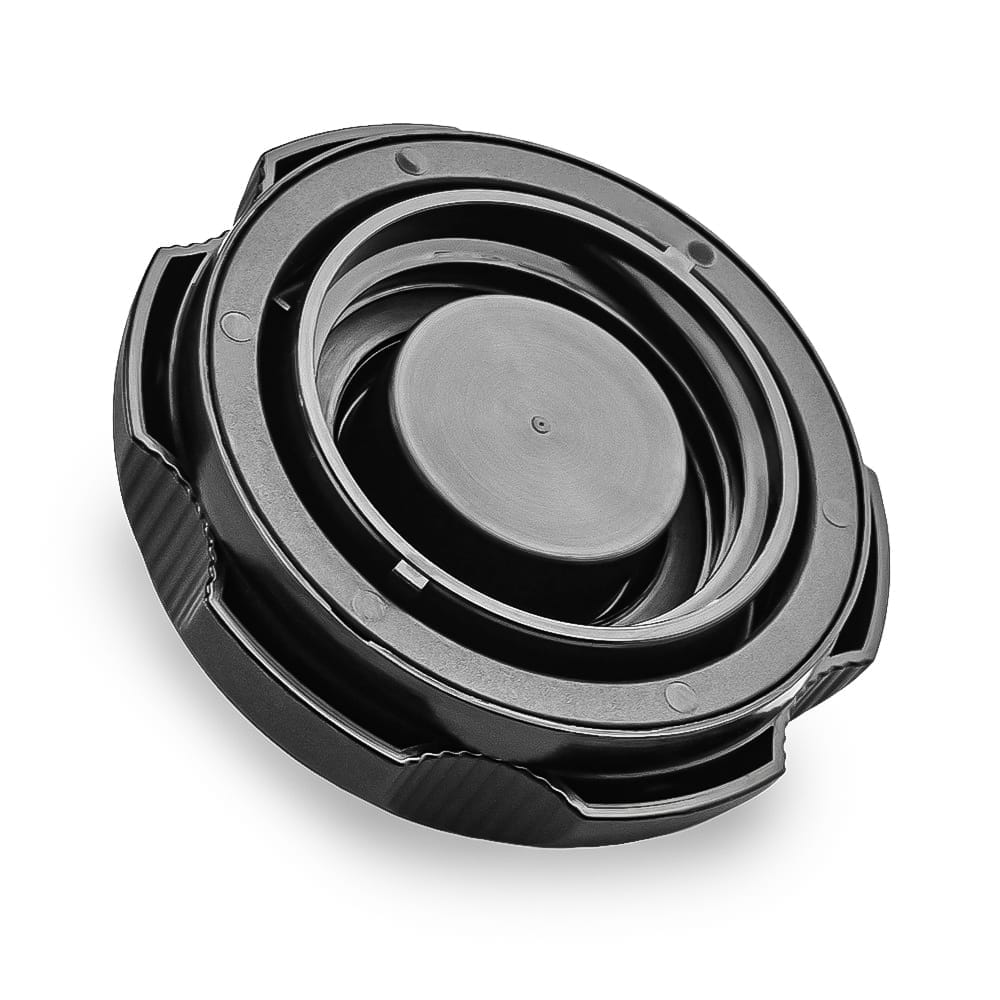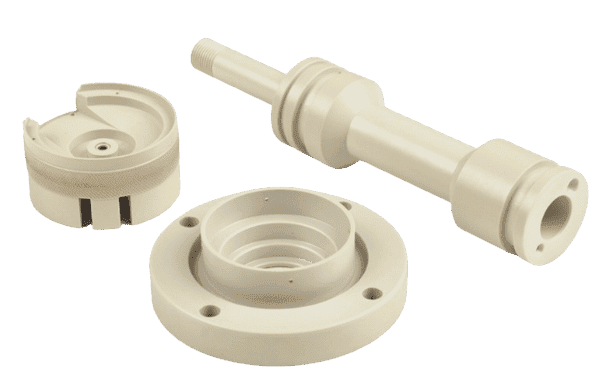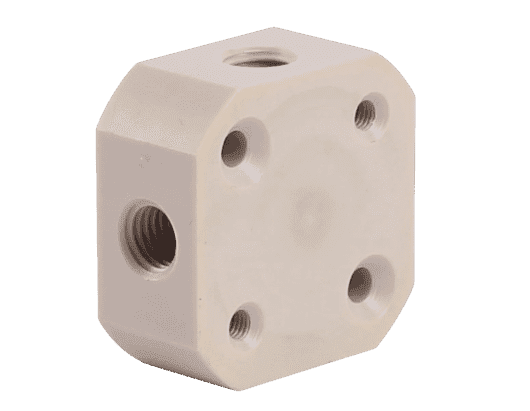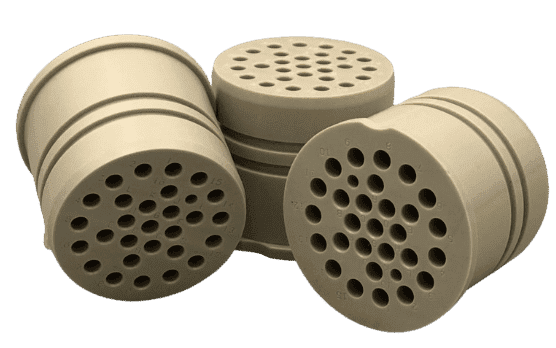YIJIN Hardware offers high-quality plastic machining services for a variety of industries, ensuring precision in every component. Our advanced CNC milling and laser cutting technologies enable us to work with plastics such as acrylic, HDPE, and POM, creating custom parts to meet your needs.

CNC machining of plastic parts involves using computer-controlled machines to shape and finish plastic materials with high precision. This process is essential for producing custom plastic components in industries such as automotive, aerospace, medical devices, and consumer products. CNC machining solutions, including CNC milling service, CNC turning service, and drilling, allow for the creation of complex designs and intricate details in plastic parts, ensuring they meet specific performance and design requirements.
There are many types of plastic parts, such as: PP, POM, Nylon, PMMA, ABS, Teflon, PEEK, PC, PVC, etc.
| Type of Plastic | Common Name | Key Characteristics |
|---|---|---|
| PP | Polypropylene | Lightweight, good chemical resistance, and impact resistance. |
| POM | Acetal (Delrin) | High stiffness, excellent frictional characteristics, and good thermal stability. |
| Nylon | Polyamide | Strong, durable, and resistant to abrasion; good for mechanical parts. |
| PMMA | Acrylic | Strong thermoplastic, often used as an alternative to glass; can be brittle. |
| ABS | Acrylonitrile Butadiene Styrene | Good mechanical properties, impact strength, and easy to machine. |
| Teflon | PTFE | Low friction, excellent chemical resistance; suitable for sliding parts. |
| PEEK | Polyether Ether Ketone | High-performance thermoplastic with excellent mechanical and thermal properties. |
| PC | Polycarbonate | High impact resistance, can be transparent; suitable for demanding applications. |
| PVC | Polyvinyl Chloride | Versatile, good chemical resistance; used in a variety of applications. |


In order to make the plastic parts look more beautiful and textured, the products are usually surface treated.
The common surface treatments of plastic machining are: Frosting, spraying, silk screen printing, pad printing, thermal transfer printing, water transfer printing, laser engraving, electrophoresis (water electroplating), vacuum coating, bite pattern (etching, skin texture) for plastic abrasives.
Electroplating and painting are common processing techniques for surface treatment of plastic parts.
YIJIN Hardware has more than 20 years of experience in the production of plastic products, no matter what kind of personalized design you have, YIJIN Hardware will provide you with one-stop custom machining service.


The CNC machining plastic parts have a wide range of applications, involving almost all industries, such as home appliances (most of the casings of home appliances are plastic products), toys, mobile phone casings, computer casings, auto parts, daily necessities and so on.
Plastic products can be found everywhere in our lives, which shows that their practicality and best-selling are very large.


Plastic parts produce burrs (or flash, overflow, overflow): The occurrence of burrs is caused by the overflow of molten injection molding resin from the parting surface of the mold, which is the worst state in the forming operation.
Especially when the burr is firmly adhered to the parting surface of the mold and the mold is clamped, it will damage the parting surface of the mold.
If the mold is damaged in this way, new burrs will occur in the molded product when reworked. At the same time, it also aggravates the damage of the mold and makes it unusable.
So pay special attention.
Surface depressions (or shrinkage pits) of plastic parts: Depressions are the most common surface defects of molded products.
It is a defect formed in the wall thickness part due to the volume change caused by the thermal shrinkage of the molded product.
Depression is a minor defect compared with insufficient forming. Often occurs when the mold cavity is filled with molten resin, but the holding pressure is not sufficient.
Free Machined Parts Design to Your Projects with Fast Turnaround Times.
WhatsApp us
Please attach your 2D CAD drawings and 3D CAD models in any format including STEP, IGES, DWG, PDF, STL, etc. If you have multiple files, compress them into a ZIP or RAR. Alternatively, send your RFQ by email to info@yijinsolution.com.
Compressed Formats: .zip, .rar, .7z
Image Formats: .pdf, .jpg/.jpeg, .gif, .png, .webp, .tif/.tiff
Video Format: .mp4
Office Formats: .txt, .docx, .xlsx, .ppt, .ods